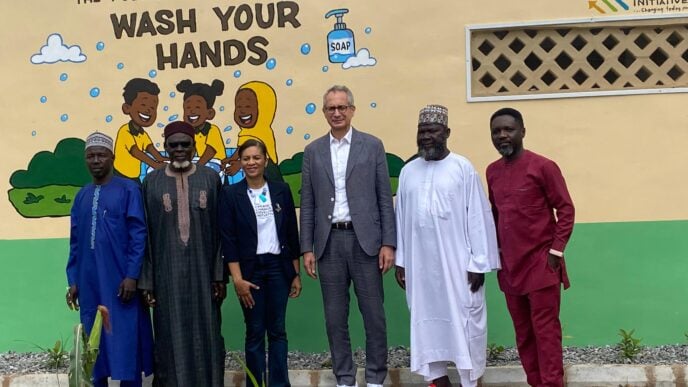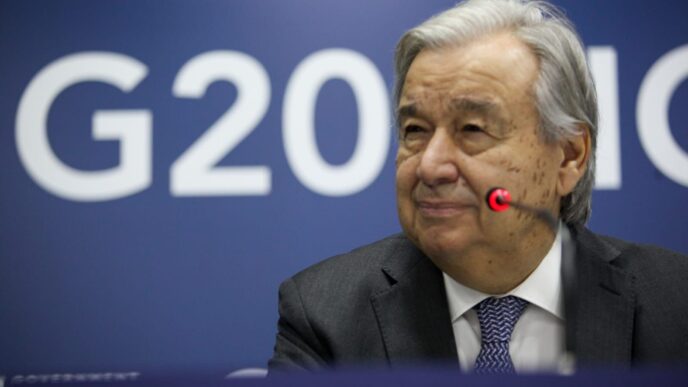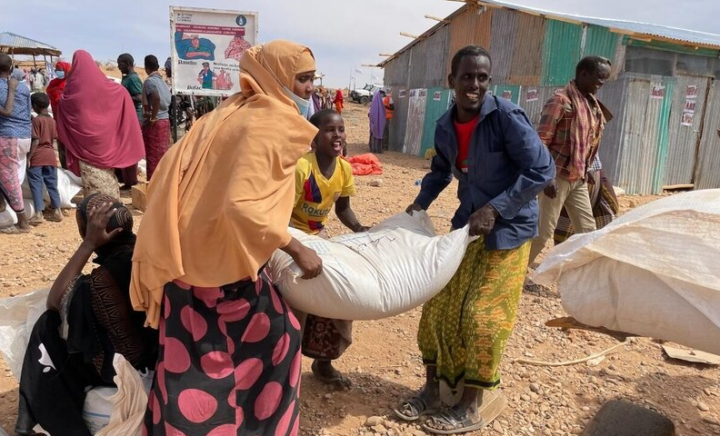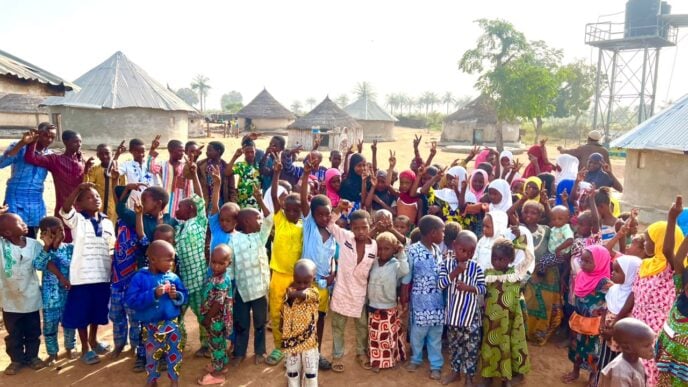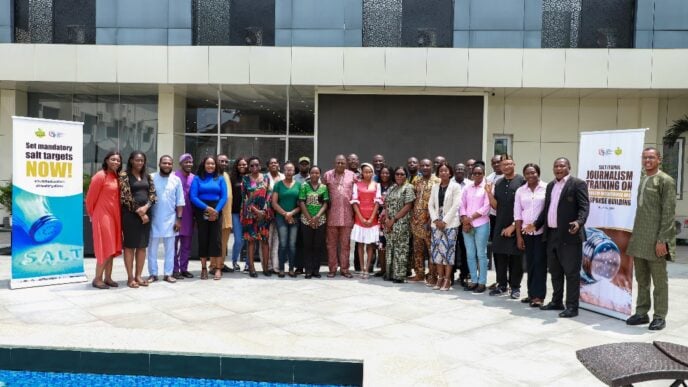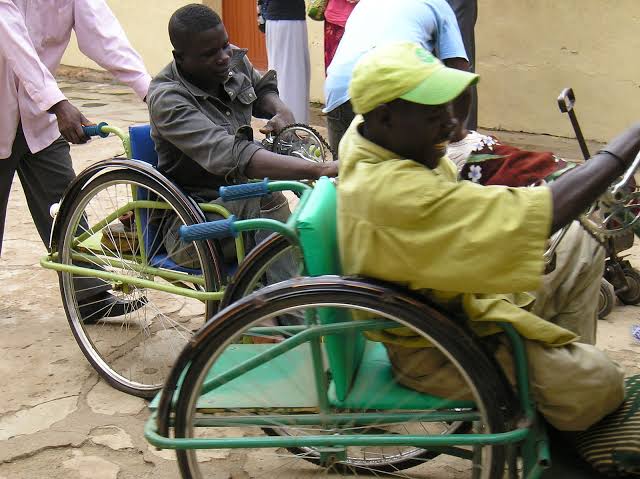eHealth Africa, a non-governmental organisation focused on strengthening health systems through technology, has called for deeper investment in local talent, infrastructure, and public trust to drive meaningful digital health transformation across the continent.
The call comes ahead of the 2025 edition of its flagship Insights Learning Forum (ILF), scheduled to hold on July 30 in Abuja.
Now in its third year, the forum serves as a platform for experts, policymakers, and innovators to explore how digital networks can deliver lasting improvements in public health — particularly in low- and middle-income countries.
This year’s theme, ‘Local Investments for Connected Communities: The Power of Digital Health Networks in Public Health Transformation’, reflects growing concern that too many digital health initiatives remain donor-driven, fragmented, or ill-suited to the on-the-ground realities of African communities.
Advertisement
In a statement on Wednesday, Ota Akhigbe, director of partnerships and programs at eHealth Africa, noted that digital health in Africa must go beyond sleek apps and dashboards to deliver solutions that are resilient, inclusive, and grounded in the lived experiences of frontline workers and patients.
“Despite the growing momentum around digital health in Africa, the promise won’t be realised without deeper investment not just in tools, but in the systems that support and sustain them,” she said.
“Local investment means funding, yes, but also something deeper: policy ownership, institutional strengthening, talent development, and public trust.”
Advertisement
She noted that while many digital health platforms are technically sound in theory, they often fail in practice due to lack of infrastructure, limited digital literacy, or misalignment with cultural and systemic realities.
“Too often, these tools are slick in presentation but clunky in practice. They fail to account for limited infrastructure, low digital literacy, cultural nuance, and the overstretched capacity of frontline workers. Even the most elegant platform can become irrelevant or unusable under these conditions,” she said.
Akhigbe also criticised the fragmented and often externally driven nature of many digital health interventions across Africa, warning that without true community participation and national leadership, these initiatives may do little to address persistent gaps in access and quality.
“Digital health in Africa often reflects good intentions but poor execution. Tools are imported, not adapted,” she said.
Advertisement
“When countries and communities have a stake in the systems being built, they are more likely to shape them in ways that are relevant, inclusive, and enduring.”
The upcoming forum will bring together voices from across the public and private sectors to explore how African-led investments and strategies are already helping reshape national health systems.
Through a mix of keynote addresses, interactive panels, case studies, and workshops, participants will examine what it takes to scale digital health interventions that are equitable, affordable, and sustainable.
Advertisement
The event also aims to create new partnerships focused on strengthening digital public goods, leveraging open-source tools, and expanding training and capacity for frontline workers across the continent.
Advertisement


